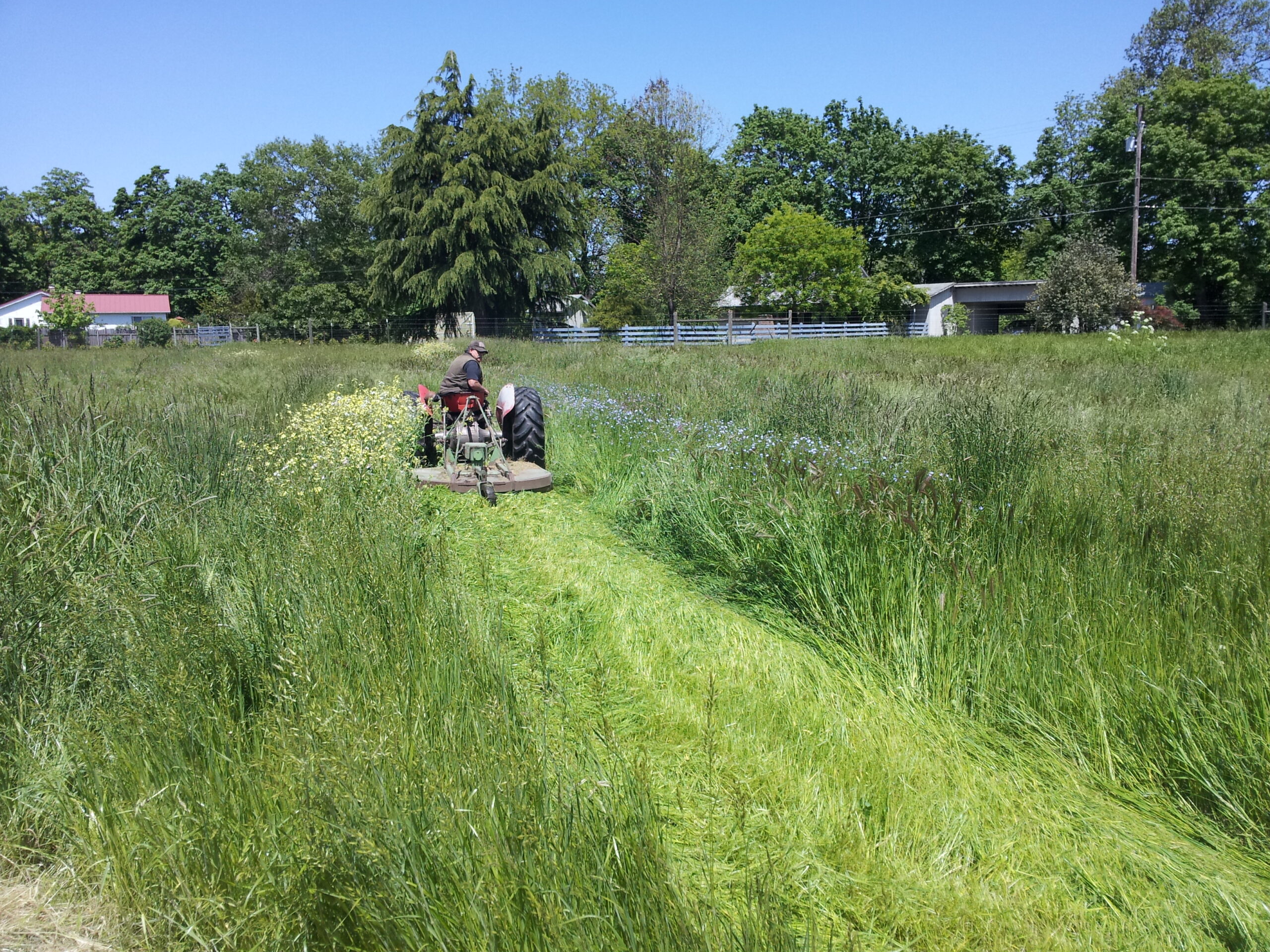Yucca Shidigera, commonly known as the Mojave Yucca or Spanish Dagger, is a plant native to the southwestern United States and northern Mexico. In agriculture, Yucca extract derived from Yucca Shidigera has been used for various purposes. Here are some potential applications:
Natural Surfactant: Yucca extract contains natural saponins, which are surfactant compounds. These surfactants can be used in agriculture to enhance the wetting and spreading of liquids. This is particularly useful in improving the efficacy of pesticides and foliar fertilizers.
Anti-fungal Properties: Yucca extract has been reported to possess anti-fungal properties. In agriculture, it may be used to combat certain fungal diseases that affect plants.
Stress Alleviation: Some studies suggest that yucca extract may have stress-alleviating properties for plants. It is believed to help plants cope with environmental stresses, such as drought or extreme temperatures.
Livestock Feed Additive: Yucca extract is sometimes used as a feed additive for livestock. It is believed to reduce the ammonia content in animal waste, potentially improving air quality in confined spaces.
Soil Amendment: Yucca extract may be used as a soil amendment. It is thought to enhance soil structure and water retention, potentially benefiting plant growth.
Yucca Shidigera and Quillaja Saponaria
It’s important to note that the effectiveness of Yucca Shidigera extract in agriculture can vary based on factors such as concentration, application method, and specific plant or soil conditions. Those interested in using yucca extract should consider consulting with agricultural experts or conducting trials on a small scale to assess its impact in their specific context.
It’s important to note that Quillaja Saponaria has various applications and its use should be in accordance with recommended guidelines and regulations. Additionally, the sustainability of harvesting practices should be considered to ensure the conservation of this tree species in its native habitat.
Quillaja Saponaria, commonly known as soapbark or soap bark tree, is a species of evergreen tree native to central Chile. It is well-known for the high concentration of natural surfactants, specifically saponins, found in its bark. Saponins are compounds with detergent-like properties, and they have various applications in different industries. Here are some key aspects of Quillaja Saponaria:
Saponin Content: The primary value of Quillaja saponaria lies in the saponins present in its bark. Saponins are amphipathic glycosides that can foam when shaken and have both hydrophilic (water-attracting) and lipophilic (fat-attracting) properties. This makes them effective as natural surfactants.
Industrial Uses: Quillaja saponaria extracts, often obtained from the bark, are used in various industrial applications. One of the main uses is in the production of beverages, where it can act as a natural foaming agent and emulsifier.
Pharmaceuticals: Saponins from Quillaja saponaria are also utilized in the pharmaceutical industry. They may be included in formulations to enhance the solubility of certain drugs or to act as adjuvants in vaccine formulations.
Agriculture: Similar to Yucca Schidigera, Quillaja Saponaria extracts are sometimes used in agriculture. These extracts may serve as natural surfactants, improving soil structure, water penetration, and potentially aiding in pest control.

